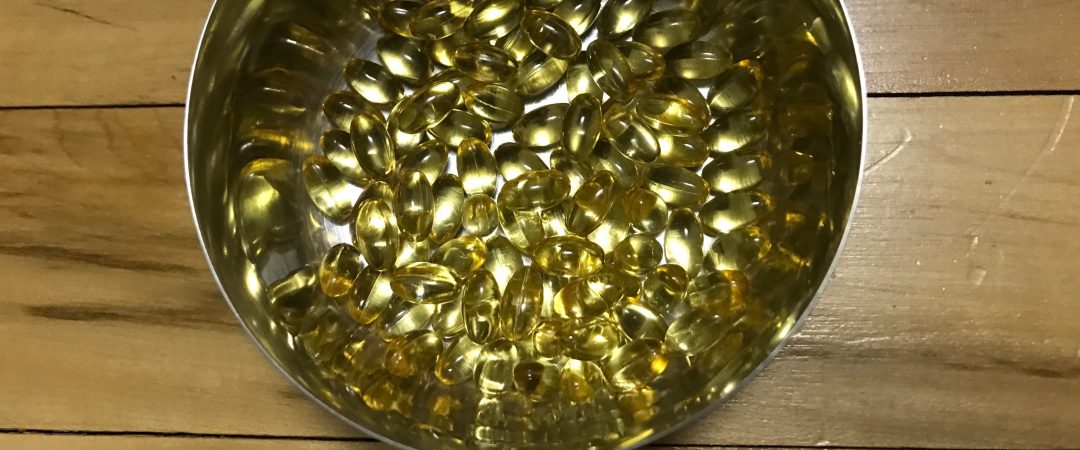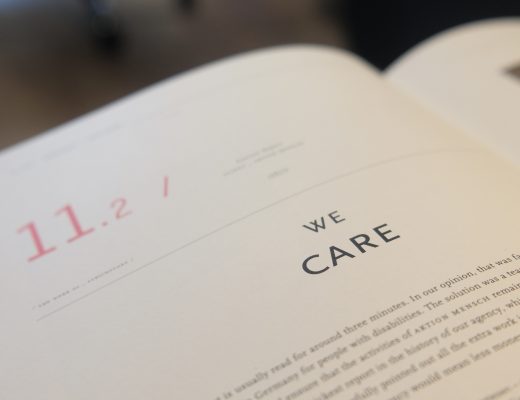In cultivating health, I focus on the self-healing mechanisms of my patient’s bodies. What does this mean? One of the best examples of activating the body’s own healing system is found in the placebo effect.
A placebo is a pill or treatment with no material active ingredient often described as a sugar pill. Placebos are used in research studies as a comparison to a medication or treatment being studied. Scientific research into the placebo itself has found amazing results.
Placebos are not inert substances rather they are sensory and social stimuli that tell you helpful treatment has been given. Placebos are made of expectations, previous experiences, words, rituals, symbols and meanings that are active in shaping a patient’s brain. (1) Did you know that certain medications known as serotonin reuptake inhibitors which are used to treat mild to moderate depression have shown little to no benefit over placebo, but both have about a 58% improvement?
(2,3,4) Research shows when a placebo used within a therapeutic context, it can work as well as the active drug in managing pain, anxiety and even Parkinson’s disease. (5,6) The skillfulness of the health provider also matter in the placebo response. One study showed a gifted therapist had better outcomes with a placebo and talk therapy than a less skilled therapist had with medication.(7) This self healing response works best in an overall health supportive system that addresses nutrition, movement, mood, rest and relaxation.
Sources:
- Barrett B, Muller D, Rakel D, Rabago D, Marchand L, Scheder JC. Placebo, meaning, and health. Perspect Biol Med. 2006;49(2):178–198. doi:S1529879506201789 [pii]; 10.1353/pbm.2006.0019 [doi].
- Turner EH, Matthews AM, Linardatos E, Tell RA, Rosenthal R. Selective publication of antidepressant trials and its influence on apparent efficacy. N Engl J Med. 2008;358(3):252–260. doi:10.1056/NEJMsa065779.
- Kirsch I, Deacon BJ, Huedo-Medina TB, Scoboria A, Moore TJ, Johnson BT. Initial severity and antidepressant benefits: a meta-analysis of data submitted to the Food and Drug Administration. PLoS medicine. 2008;5(2):e45. doi:10.1371/journal.pmed.0050045.
- Fournier JC, DeRubeis RJ, Hollon SD, et al. Antidepressant drug effects and depression severity: a patient-level meta-analysis. JAMA. 2010;303(1):47–53. doi:10.1001/jama.2009.1943.
- Colloca L, Lopiano L, Lanotte M, Benedetti F. Overt versus covert treatment for pain , anxiety , and Parkinson ’ s disease. Lancet Neurol. 2004;3(11):679–684.
- Bingel U, Wanigasekera V, Wiech K, et al. The effect of treatment expectation on drug efficacy: imaging the analgesic benefit of the opioid remifentanil. Sci Transl Med. 2011;3(70):70ra14. doi:10.1126/scitranslmed.3001244.
- McKay KM, Imel ZE, Wampold BE. Psychiatrist effects in the psychopharmacological treatment of depression. J Affect Disord. 2006;92(2-3):287–290. doi:S0165-0327(06)00039-5 [pii]; 10.1016/j.jad.2006.01.020 [doi].




